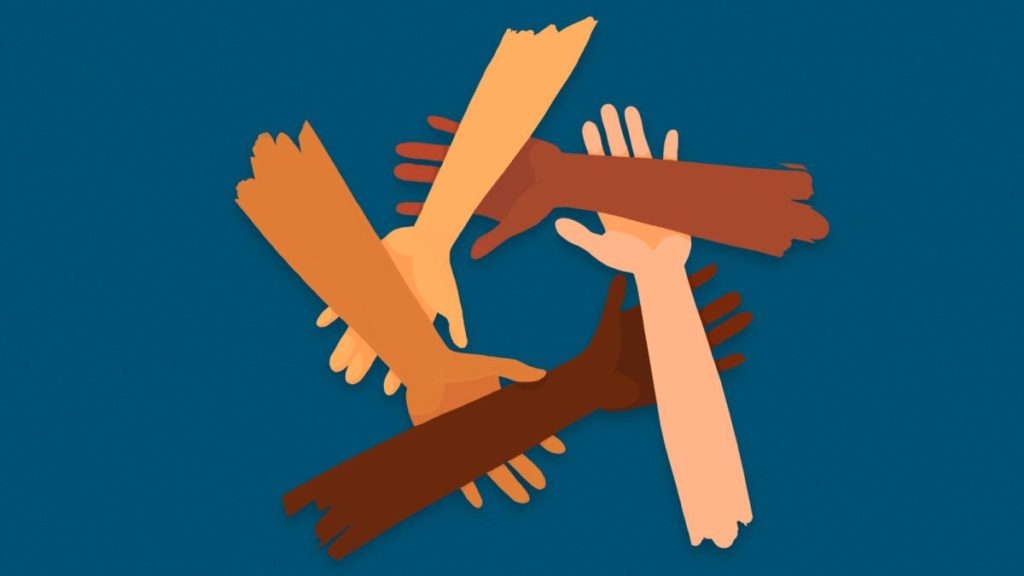
The COVID-19 pandemic has fast-tracked America’s move to mobile banking, and investors are following the money – literally. Last year, Chime, the mobile banking app, became the most valuable American retail fintech startup when it raised $485 million at a company valuation of $14.5 billion.
The profiles of Chime’s latest funders are telling; they’re a mix of late-stage private and public investors with impressive track records. And they’re sending a message of confidence in the new rise of challenger digital banks.
But customers are attracted to neobanks by more than not having to touch cash or go into a building for transactions. So, what do neobanks offer that investors think will endure?
What Do Neobanks Offer?
Neobanks are financial technology firms that offer online-only financial services. The absence of physical branches keeps costs low, so customers who are happy banking on their phones can usually save on fees. Tech-savvy customers will often find them more convenient because they can manage their money anytime and anywhere.
Neobanks also generally offer speedier processing than traditional banks. For example, opening accounts is virtually instantaneous on most platforms, and many neobanks that offer credit have innovative strategies for evaluating customers’ credit that expedite the process.
Because they’re not chartered as banks with state or federal regulators, neobanks usually have arrangements with traditional banks for federally insuring customer deposits. Chime, for example, partners with The Bancorp Bank and Stride Bank.
Niching Is Proving to Be a Successful Strategy for Neobanks
Although neobanks offer but a subset of the services that traditional banks provide, they’ve lately turned this to their advantage by successfully targeting various niches. For example, while chartered banks rely on interest, penalties, and service fees, Chime’s revenue is predominantly transactional. It initially targeted customers earning $30,000 to $75,000 annually and makes money every time they purchase on their bank cards. As it has grown, though, its customer base has broadened.
In what’s become a plug-and-play arena, community can differentiate banks. But that’s assuming it’s defensible; otherwise, others will copy it. Purple, for example, is aimed at people with disabilities. Apart from the more obvious challenges facing banking customers with disabilities, such individuals with more than $2,000 in assets can lose their disability benefits in some states. Founder John Ciocca says Purple’s experience is tailored to the unique needs of those claiming benefits.
There’s a proliferation of startup niche banks, such as Greenwood, which was founded by rapper Killer Mike and focuses on Latinx and Black customers, and Ando, which provides its climate-conscious customers with details of how their deposits are being invested in electric batteries, wind energy, or other eco-friendly initiatives. Banks targeting immigrants make it easy for them to send money abroad to their families, and even gamers can find banks geared to their specific needs.
Are Neobanks All about Marketing?
Joe Floyd of Emergence Capital believes that while neobanks outsource core banking, they have expertise in data and user acquisition and are here to stay. They are acquiring customers at a fraction of the cost of traditional banks and fundamentally changing the user experience via innovative data-based products. But with so many competitors, not all will survive. Floyd suggests, “Most are great seed investments and terrible growth investments.”
Daylight’s LGBTQ+ Platform Secures $5 Million in Seed Funding
One banking startup that has focused on a community with what appears to be unique financial requirements is New York’s Daylight, the first American banking platform built for the LGBTQ+ community by LGBTQ+ members. The startup recently raised $5 million in seed funding with Kapor Capital and Precursor Capital co-leading the round. Unlike groups such as students or freelancers that may not be in for the long haul, it caters to 30-million-plus Americans bonded by common emotional needs and clear product requirements.
Many LGBTQ+ members have lower incomes due to workplace discrimination. They deal with challenges such as higher health costs from pre-existing conditions, HIV management, transition surgery, and subsequent hormone treatment – all with lower insurance levels and frequently without assistance from their often-estranged families. It’s a population with higher-than-average debt that is less likely to have savings, investments, or any estate planning.
Daylight intends to provide financial inclusion and equality for the LGBTQ+ community by building a business market for it and the merchants that support it. The platform allows for peer-to-peer advice in addition to advice from financial experts. It’s a supportive community with people willing to share and help each other through issues that don’t necessarily affect most others, such as surrogacy, IVF, adoption, gender confirmation surgeries, transition support, and mental health. And Daylight plans to provide financing products for these things.
It also allows customers to register under their preferred name without undergoing the exhausting process of legal name changes. It’s a move that will help keep trans members from being “outed” by their bank cards. And it’s this input of personal experience by Daylight’s founders that investors like Kapor Capital are backing.
